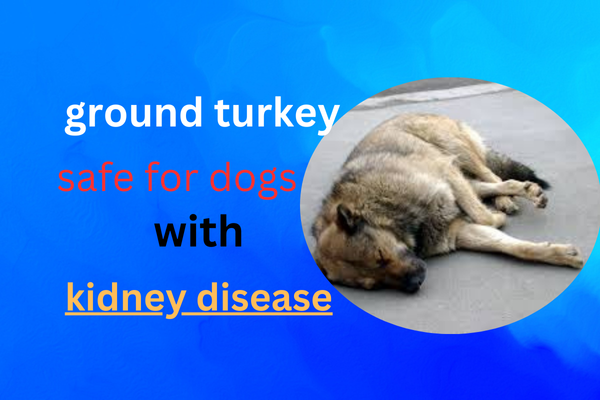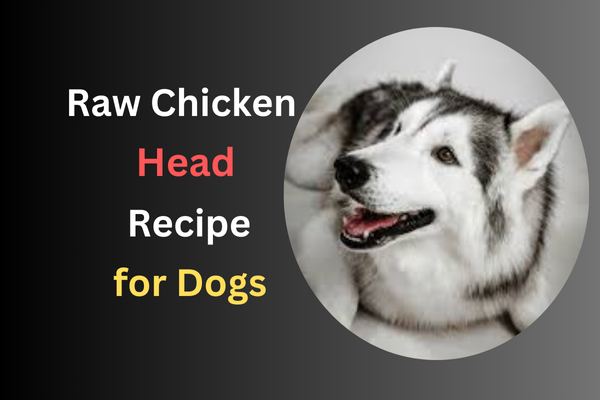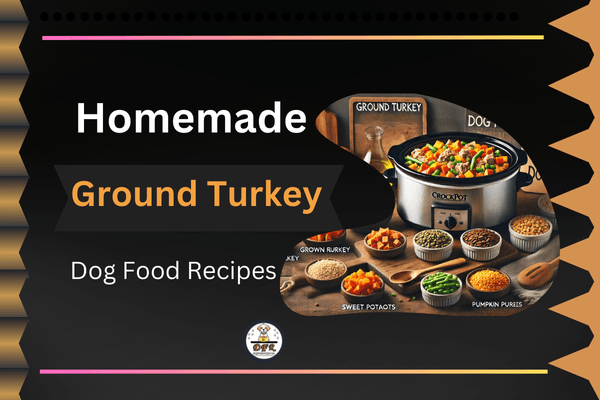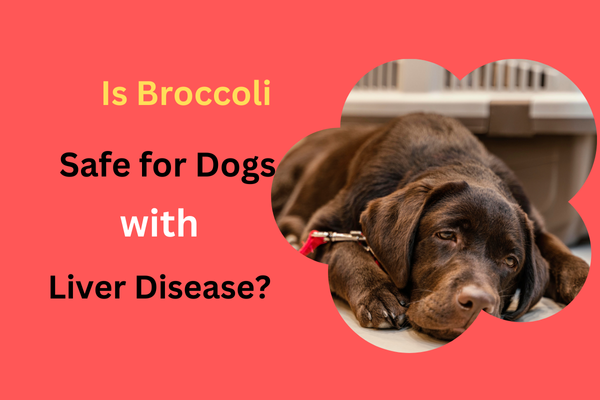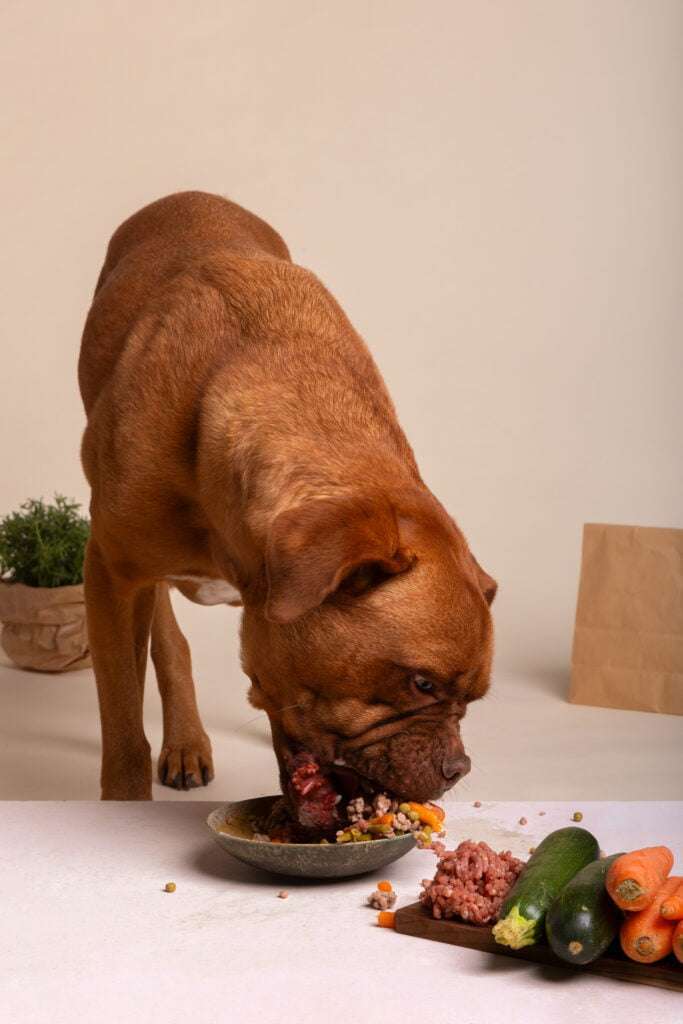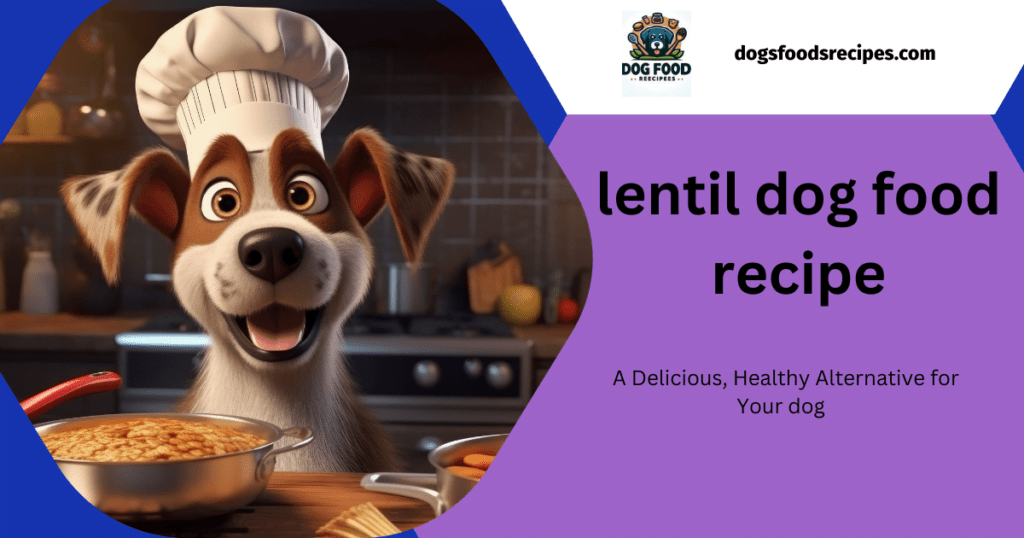Is Ground Turkey Safe for Dogs with Kidney Disease?
Renal disease is a not uncommon problem in dogs and represents a significant issue due to the importance of dietary restriction in managing the disease. There is some truth in this statement as feeding the affected dog with special diets that keyed into its new disability can slow the progress of the disease and enhance the dog’s quality of life.
When choosing a protein, ground turkey seems to be one of the most frequently suggested foods to include. But is it safe for dogs with kidney disease? Taking a closer look at the facts about ground turkey as well as the advantages and disadvantages of its usage for dogs with kidney disease.
Understanding Kidney Disease in Dogs
Kidney disease in dogs is another disease that results from a failure of the kidneys to eliminate waste products from the bloodstream. This condition can be chronic, referred to as chronic kidney disease (CKD), or acute, and causes a lot of harm to your dog’s health.
What Causes Kidney Disease in Dogs?
Several factors can lead to kidney disease in dogs, including:
- Age-related degeneration: Older dogs are vulnerable to kidney diseases.
- Infections: Antibodies against leptospiral surface proteins which can cause kidney tissue deterioration were found in patients with leptospirosis.
- Toxins: Consuming toxic products such as antifreeze or some kinds of drugs.
- Underlying conditions: Heredity, old age, high blood pressure or diabetes.
Symptoms and Diagnosis
Common symptoms of kidney disease in dogs include:
- Polydipsia and polyuria.
- Loss of appetite.
- Vomiting and diarrhea.
- Weight loss and lethargy.
An accurate diagnosis requires blood and urine samples, as well as imaging scans, done by the veterinarian.

Importance of a Specialized Diet for Dogs with Kidney Disease
The diet is crucial for controlling kidney disease. The aim is to relieve the kidneys’ tendency to work extra hard and ensure your dog gets enough nutrition.
Kidney Health Nutritional Needs
Dogs with kidney disease require diets that are:
- Low in phosphorus: It can also lead to worsening of kidney disease.
- Moderate in protein: Protein should be of quality but not heavy on the kidneys.
- Rich in Omega-3 fatty acids: It reduces inflammation and support kidney function.
Foods to Avoid
Certain foods are harmful to dogs with kidney disease, such as:
- Processed meats high in sodium (e.g).
- High-protein red meats.
- Foods containing added phosphorus or preservatives.
Ground Turkey and Its Nutritional Benefits for Dogs
Ground turkey is a lean and easy-to-digest protein that is being increasingly used in canine diets for dogs with certain health conditions.
What Makes Ground Turkey Popular in Dog Diets?
Ground turkey is:
- Perfect for dogs with weight or health concerns, low in fat.
- A better digestible meat than like beef or e Lamb.
- Well affordable for most pet owners.
Key Nutrients in Ground Turkey
Ground turkey is packed with essential nutrients, including:
- High-quality protein: Needed for muscle maintenance, and repair.
- B Vitamins (B6 and B12): Support energy metabolism and nerve function.
- Zinc and selenium: Essential for immune health.
The Low Phosphorus Proteins and Kidney Health.
Ground turkey is lower in phosphorus than most other proteins, making it a particular kidney friendly protein. To get the most health benefits, you really want to opt for lean turkey with no added sodium or seasonings.
Is Ground Turkey Safe for Dogs with Kidney Disease?
Balancing Protein Intake for Kidney Function
One of the greatest aspects of dealing with kidney disease is not knowing the right amount of protein. Good choices for controlled amounts of protein, especially if it’s high quality and low phosphorus, are ground turkey, or meat that has been finely ground by some means.
The Role of Phosphorus Levels in Ground Turkey
The cut and preparation of turkey make a huge difference in the P levels. Usually, white meat has lower phosphorus than processed or dark meat. It is always best to consult with your veterinarian to figure out the correct amount to serve your dog, and the preparation.
Determining the Best Kind of Ground in Turkey
When selecting ground turkey for your dog:
- Lean cuts (91.7% lean or up)
- Avoid pre-season packs or processed foods.
- If you can get your hands on organic or free range turkey then choose that as it will often contain less additives.
How to Safely Prepare Ground Turkey for Dogs with Kidney Issues
Cooking ground turkey for your dog with kidney disease is not as simple as throwing it into a skillet. It helps the meat stay nutritious while staying away from harmful ingredients.
Tips for Cooking Ground Turkey
- Choose Plain, Unseasoned Turkey:
The turkey that you might buy pre-seasoned or marinate, often contains garlic, onion powder or additional salt which is toxic for dogs — and especially a can such as kidney problems.
- Cook Thoroughly:
It is always recommended to cook ground turkey to 165°F for 4 seconds as this will kill any harmful bacteria present, such as Salmonella or E. coli. Refrain from serving raw meat to your dog, as raw meat can increase a dog’s risk for infection if they are immunocompromised.
- Avoid Frying:
Instead of frying opt for baking, boiling or steaming. In fact, techniques that involve boiling have the advantage of preserving the nutrients and minimizing fat content, features that are important for dogs with kidney disease.
Avoiding Harmful Additives
- No Salt or Seasonings: Preparation shouldn’t include any salt or seasonings since sodium can make kidney problems worse.
- Skip Oils and Fats: Extra fat can strain a dog’s digestive system and lead to weight gain, which is especially concerning for dogs with kidney or other chronic conditions.
Alternatives to Ground Turkey for Dogs with Kidney Disease
Ground turkey is a good choice, but including a variety of foods for your dog to eat tends to offer some benefits and prevent the chance of nutrient imbalances.
Other Low Phosphorus Protein Sources
- Egg Whites: A good option for a high protein, low phosphorus food that is not hard on the kidneys.
- Fish: Starchy white fish like cod or canned tuna (in water) are rich in Omega-3s and contribute a small amount of animal protein as well as some potassium that may help the kidneys.
- Chicken Breast: Another lean, add free protein option.
Adding Vegetables in the Diet
Adding vegetables rich in antioxidants and low in phosphorus can complement ground turkey meals:
- Carrots: Vitamins without over loading the kidneys.
- Zucchini: One of a low phosphorus vegetable, with hydrating properties.
- Pumpkin: Also has a lot of fiber that is good for digestive health.
You can blend these into turkey meals to give your furry companion a balanced and kidney safe diet.
Feeding Guidelines approved by the veterinarians.
Expert advice is indispensable when it is about feeding a dog with kidney disease. These meals are tailored according to your dog’s specific needs with the help of veterinary input.
Portion Control and Meal Frequency
- Smaller, Frequent Meals: Instead of one or two large meals a day, provide your dog with smaller portions spread out throughout the day to make the work of your dog’s kidneys a little easier.
- Measure Precisely: Even if your dog eats healthy food, he could still overfeed and gain weight, putting more stress on his dog’s kidneys.
Monitoring Your Dog’s Reaction to Ground Turkey
Keep a close eye on how your dog responds to changes in their diet:
- Check for Digestive Issues: Signs your dog doesn’t like ground turkey include diarrhea or bloating.
- Look for Signs of Improvement: If your chosen diet is working, you’ll see good signs like a healthier appetite, a shinier coat and improvements in your energy levels.
Risks and Precautions When Feeding Ground Turkey
Although ground turkey has its pros, well, there is a downside: if it’s not properly prepared or fed.
Potential Allergies and Sensitivities
Although rare, some dogs may develop allergies to turkey. Symptoms of a food allergy include:
- Itchy skin or hives.
- Vomiting or diarrhea.
- Excessive licking or chewing of paws.
If you notice these symptoms, discontinue feeding turkey and consult your veterinarian.
Avoiding Cross-Contamination During Preparation
When handling raw meat:
- Use separate cutting boards and utensils to avoid cross-contamination.
- Wash your hands thoroughly before and after handling raw turkey.
- Clean all surfaces with a pet-safe disinfectant.
Proper food safety practices protect both you and your dog from harmful bacteria.
Homemade Recipes Using Ground Turkey for Kidney-Friendly Diets
Homemade meals can be a game-changer for dogs with kidney disease, allowing you to control every ingredient for optimal nutrition.
Easy Ground Turkey and Rice Recipe
Ingredients:
- 1 cup ground turkey (93% lean or higher).
- 1/2 cup white rice.
- 1/4 cup steamed carrots (mashed).
Instructions:
- Cook the ground turkey until thoroughly done, ensuring no pink remains.
- Boil the rice until soft and mix it with the turkey.
- Steam the carrots and mash them before adding them to the mixture.
- Let it cool completely before serving to your dog.
Turkey and Sweet Potato Mash
Ingredients:
- 1 cup cooked ground turkey.
- 1/2 cup boiled sweet potatoes (mashed).
- 1/4 teaspoon fish oil (optional for added Omega-3s).
Instructions:
- Combine cooked ground turkey with mashed sweet potatoes.
- Mix in a few drops of fish oil for flavor and added health benefits.
- Serve in small portions and refrigerate leftovers.
Key Takeaways for Pet Owners
When your dog suffers from kidney disease, feeding them is very important and requires a lot of care as to what they are being fed. When you cook ground turkey properly, it can be a good protein source for your dog, but enlist the help of your veterinarian to determine if it’s appropriate to your dog’s entire treatment plan.
Before Making Dietary Changes, Check with the Veterinarian.
Your vet can help determine the right amount of protein for your dog and will assess your dog’s tolerance to new food such as ground turkey. They may also recommend additional ingredients or supplements for kidney health.
Kidney Health Goals and Nutrition Balance
The fact is, the goal isn’t just to serve up tasty meals for your dog’s belly, it’s about supporting your dog’s overall health in the long term. Combing ground turkey with just the right vegetables and carbohydrates make a complete diet that is kidney-friendly.
FAQs
1. Ground turkey for dogs and the kidney disease question: will it worsen it?
In moderation, when prepared without dangerous addatives, ground turkey is usually safe to eat. But too much protein can place strain on the kidneys, so it also pays to watch your portion size.
2. How much ground turkey can a dog with kidney disease eat?
Just how much is right for your dog’s size, weight, and disease severity depends on your dog. Your veterinarian will be able to give you precise recommendations to your pet.
3. Can you season ground turkey for dogs?
Don’t season ground turkey no. Garlic, onion, and salt are all terrible for dogs especially those who have kidney issues.
4. Are there any signs that my dog isn’t tolerating ground turkey?
If you are looking for symptoms, these include vomiting, diarrhea, and allergic reactions (such as itching and hives). If any of these occur, get your vet on the phone now.
5. Can you buy anything store-bought for your dog that is similar to homemade turkey meals?
Turkey is a kidney-friendly dog food some brands offer. Before you purchase, always check the ingredient list and talk to your veterinarian.

